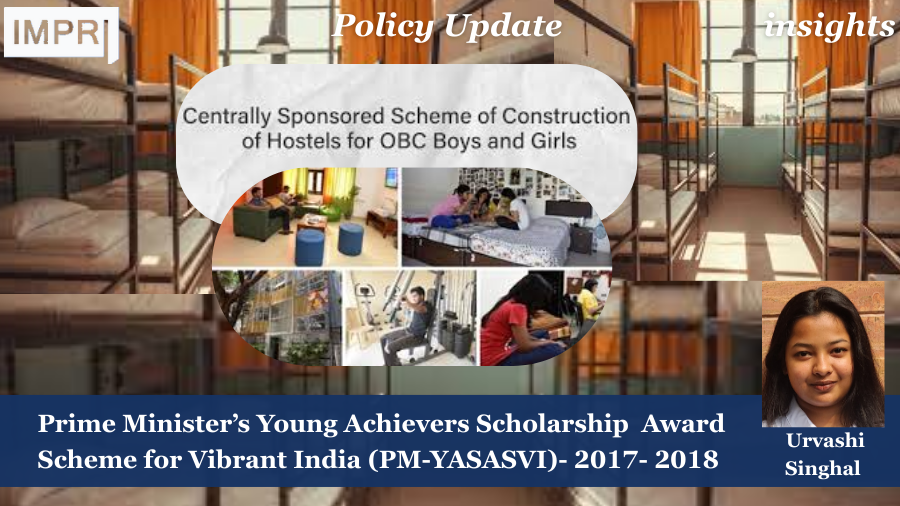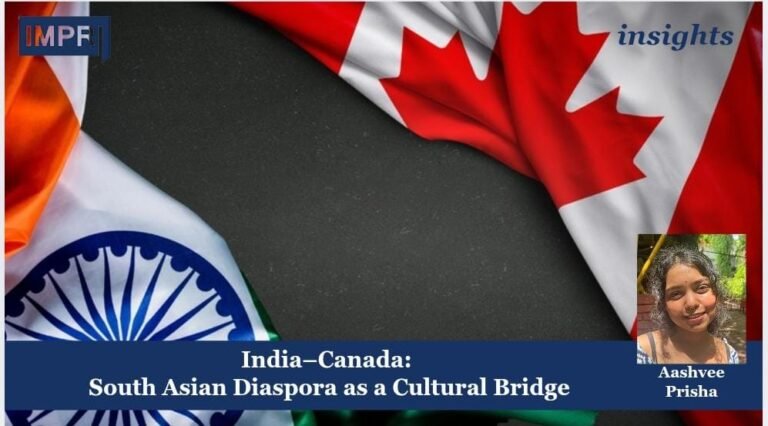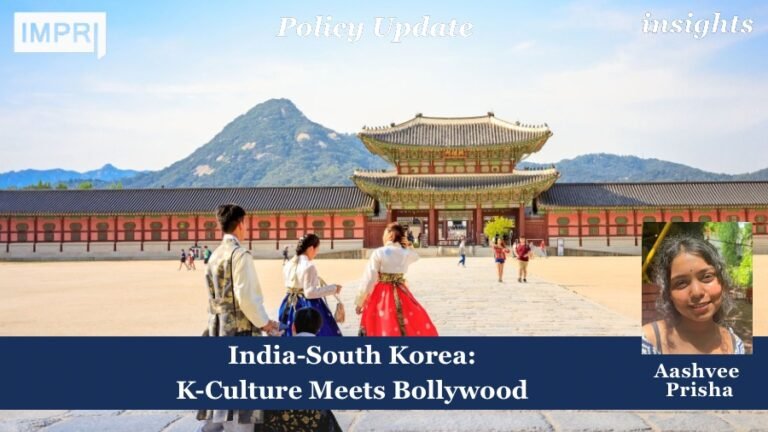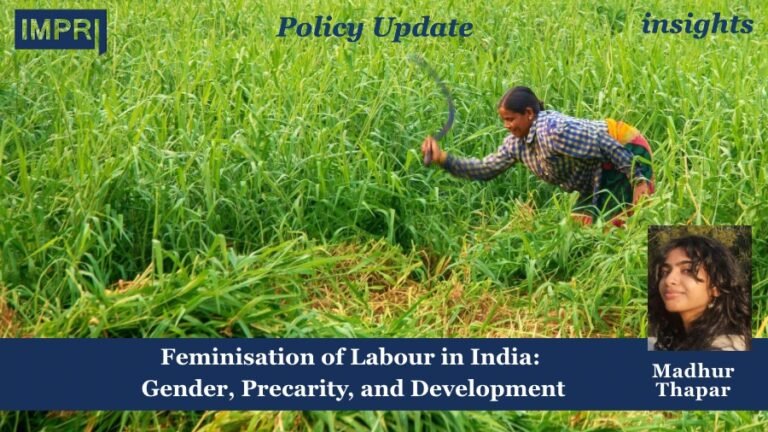Policy Update
Urvashi Singhal
Background:
The “Construction of Hostels for OBC Boys and Girls” is a scheme (PM-YASASVI), implemented by the Department of Social Justice & Empowerment under the Ministry of Social Justice & Empowerment – a flagship of the Prime Ministers Scholarship Award Scheme for Vibrant India (PM-YASASVI), since 1998-99, to address the problem of educational backwardness of OBCs.
Very often, students from rural areas, especially those belonging to the weaker sections, discontinue their studies because of lack of secondary schools and colleges nearby and the non-availability of adequate hostel facilities, at a reasonable cost, at places where such educational institutions are located.
Therefore, the Scheme (PM-YASASVI) was initiated with a view to facilitating the continuation of education by students belonging to OBCs, especially those hailing from rural and remote areas and poor families.
The Scheme has been revised with effect from 2017-18.
Functioning:
The Scheme (PM-YASASVI) aims at providing hostel facilities to students belonging to socially and educationally backward classes, especially from rural areas, to enable them to pursue secondary and higher education.
Priority will be given to the proposals for the construction of hostels for under-graduate student’s vis-a-vis below under-graduate level.
- Cost norms
- The cost per hostel seat in different areas are as follows:
- North Eastern Region – Rs.3.50 lakh per seat
- Himalayan Regions – Rs.3.25 lakh per seat
- Rest of the country – Rs.3.00 lakh per seat
- The construction work of the Hostel has to be completed within eighteen months from award of work order or two years from the release of 1st installment of Central assistance, whichever is earlier. In no case the time will be extended beyond 2 years.
- The necessity to acquire land will not be there. Hostel construction work can also be done in the ongoing State Government projects of institutions, medical Colleges, Engineering Colleges, Polytechnics, etc.
- The amount of grant will be released in 3 installments in 50:45:5 ratio, of which 5% grant will be released after completion of the work and occupation of the rooms by the OBC Boys and Girls.
- The implementing agencies shall submit “occupation of rooms by OBC Boys/Girls” status, apart from UC and completion report, in respect of each completed Hostel every year and then only the next grant will be released.
- A total of 0.25% of the budget allocation or up to Rs.10 lakh will be reserved for undertaking evaluation, third party inspection about quality and miscellaneous expenses on the implementation of the Scheme.
- Construction of Hostels for OBC Boys and Girls in an Adarsh Village selected under the 3 “Saansad Adarsh Gram Yojana (SAGY)”, can be taken up provided land is available and the selected village is located in the catchment area of the existing educational institutions.
- Eligibility criteria for students to be admitted to hostels under the Scheme
Students fulfilling the following eligibility criteria may be allotted seats in Hostels constructed under the Scheme:-
- Students whose castes are included in the Central/State/UT list of Other Backward Classes and who do not belong to the “creamy layer”.
- Hostels would be essentially for post matric students. However, if there are vacant seats, pre-matric students, especially of the secondary level, would also be eligible to be accommodated.
- At least 5% of the total seats should be reserved for students with disabilities.
- Funding Pattern: PM-YASASVI
| S. No | Item | Revised norms applicable from 2014-15 | |
| Recipient Agency | % of Central Share | ||
| Funding Pattern for construction | i) State Govt. (other than in the North East and Himalayan States) for Boys students | 60% | |
| ii) State Govt. for Girls students | 90% | ||
| iii) State Govts. in the North East Region and Himalayan States | 90% | ||
| iv) UT Administration | 100% | ||
| v) Central Universities/ Institutions | 90% | ||
| Equipment Grant | One time non-recurring grant of Rs.2500/- per Hostel seat for provision of essential hostel furniture and equipment. | ||
Source:https://socialjustice.gov.in/writereaddata/UploadFile/Guidelines%20Hostel.pdf
- Planning Hostels buildings under the Scheme
| S.No. | Description | Area per Unit (sq. mtrs) | No. of Units | Total Area (in sq. mtrs) |
| 1 | 4 seater | 29 | 10 | 290 |
| 2 | 6 seater dormitory | 39 | 10 | 390 |
| 3 | Kitchen cum Pantry | 19 | 1 | 19 |
| 4 | Store | 10 | 1 | 10 |
| 5 | Dining Hall | 50 | 1 | 50 |
| 6 | Toilets | 2 | 10 | 20 |
| 7 | Bath | 2 | 10 | 20 |
| 8 | Common Room | 40 | 1 | 40 |
| 9 | Computer/Reading Room | 15 | 1 | 15 |
| 10 | Medical Room | 11 | 1 | 11 |
| 11 | Office | 15 | 1 | 15 |
| 12 | Chowkidar Quarter | 20 | 1 | 20 |
| 13 | Total | 252 | 48 | 900 |
| 14 | Add circulation area & wall thickness @ 35% of above | 315 | ||
| 15 | Total built up area | 1215 | ||
| 16 | Built up area per seat | 12.15 | ||
Source:https://socialjustice.gov.in/writereaddata/UploadFile/Guidelines%20Hostel.pdf
- Involvement of Panchayati Raj & Municipal Bodies
Students’ beneficiaries of hostels to be constructed under the Scheme will be mostly from the rural areas. On the other hand, most of the hostels will be located in urban areas. In view of the above, State Governments will be expected to suitably associate concerned Panchayati Raj and Municipal bodies in :-
- Planning,
- Execution, and
- Day-to-day management of the Hostels sanctioned under the Scheme.
Also a Monitoring Committee consisting of the following officers will monitor and review the construction of hostels regularly based on progress reports, submitted by the Implementing Agencies:-
- Additional Secretary (SJ&E) – Chairperson
- Joint Secy. & Financial Adviser (SJ&E) – Member
- Joint Secretary(BC), M/o SJ&E – Member
- Director/Dy. Secretary, BC Division – Secretary
Performance:
During the year 2024-25, an amount of Rs 9.9 Cr has been released to States/UTs for the construction of 2 new hostels accommodating 200 inmates, 7 hostels accommodating 1946 seats.
Financial Achievements (as on 31.12.2024)
| S.No. | Financial Year | Revised Estimates(Rs. Cr) | Total Expenditure by the ministry (Rs. Cr) |
| 1 | 2020-21 | 35 | 31.59 |
| 2 | 2021-22 | 30 | 18.77 |
| 3 | 2022-23 | 20 | 18.8 |
| 4 | 2023-24 | 30 | 14.3 |
| 5 | 2024-25 | 30 (BE) | 14.2 |
Source:(Table3.27) https://socialjustice.gov.in/writereaddata/UploadFile/86481744793621.pdf
Impact:
- Educational Access & Continuity: Introduced in 1998–99, the scheme aims to support post-matric OBC students (especially from rural or remote areas) by offering residential facilities to enable them to continue education at secondary and higher levels. Between 2014–15 and 2021–22, OBC student enrollment rose significantly—from around 1.48 crore to 1.63 crore—while female enrollment rose from 72.88 lakh to 78.19 lakh, reflecting substantial gains in access and Gross Enrollment Ratio
- Financial Assistance & Infrastructure Standards: Construction cost norms are approximately ₹3.0 lakh per seat (₹3.25 lakh in Himalayan regions; ₹3.5 lakh in the Northeast) plus a one-time ₹2,500 grant per seat for furniture/equipment. Funding is shared: typically 60:40 center-state for boys’ hostels, 90:10 for girls’ hostels. In UTs, central funding is 100%; for Central Institutes, 90:10; and for NIRF-ranked institutions, 100% centrally funded
Emerging Issues:
- Underutilization & Financial Irregularities: The CAG reported wasteful expenditure of approximately ₹1.55 crore in Jammu & Kashmir on an OBC boys’ hostel project with poor planning and lack of central approval.
- Limited Proposals & Land Constraints: In 2018, Maharashtra managed to send only five proposals for the scheme due to land unavailability or unsuitability, thereby stalling potential expansion.
- Demand–Supply Mismatch: A recent news report from Mangaluru noted that despite existing hostels, the surge in applications for OBC (and SC/ST) student accommodation led to many students returning home due to lack of seats.
Way Forward:
- Strengthen Monitoring & Accountability: Implement robust audit and social oversight mechanisms to prevent fund misuse and ensure quality construction, possibly through third-party inspections and social audits.
- Facilitate Land Availability & Proposals: Streamline processes for identifying suitable land, possibly through district-level surveys and maps, to facilitate more state proposals for funding.
- Expand Capacity & Infrastructure: Scale up hostel construction, especially in high-demand areas, and diversify modalities e.g. coupled with rentals or partnerships.
- Optimize Eligibility & Inclusion: While focused on post-matric students, the scheme allows pre-matric admissions if vacancies exist; proactively utilizing this can help marginalized groups retain education traction. Ensure that at least one-third of hostel seats go to girls and 5% to students with disabilities to promote equitable inclusion.
References:
- Department of Social Justice & Empowerment under the Ministry of Social Justice & Empowerment Annual Report 2024-25
https://socialjustice.gov.in/writereaddata/UploadFile/86481744793621.pdf - Centrally Sponsored Scheme of Construction of Hostels for OBC Boys and Girls (Revised w.e.f. 2017-18)
https://socialjustice.gov.in/writereaddata/UploadFile/Guidelines%20Hostel.pdf - Construction of Hostels for OBC Boys and Girls
https://socialjustice.gov.in/schemes/9 - Times of India. (2025, July 18). Students return home after failing to get government hostel facilities in M’luru.
https://timesofindia.indiatimes.com/city/mangaluru/students-return-home-after-failing-to-get-govt-hostel-facilities-in-mluru/articleshow/122770142.cms - The Tribune. (2023, April 9). Rs 1.55 crore wasted on OBC hostel construction
https://www.tribuneindia.com/news/j-k/rs-1-55-crore-wasted-on-obc-hostel-construction-cag-495872
About the contributor:
Urvashi Singhal is a master’s student at DTU, simultaneously pursuing actuarial science. She is currently working as a research intern on an ICSSR project focused on menstrual leave policy.
Acknowledgment:
The author sincerely thanks the IMPRI team for their valuable support.
Disclaimer:
All views expressed in the article belong solely to the author and not necessarily to the organisation.
Read More at IMPRI:
Fellows blog list & Details: YWLPPF Young Women Leaders in Public Policy Fellowship- Cohort 3.0
Pradhan Mantri Annadata Aay Sanrakshan Abhiyan (PM‑AASHA),2018: A Policy Framework for MSP Assurance and Market Stabilisation




